Premium Only Content
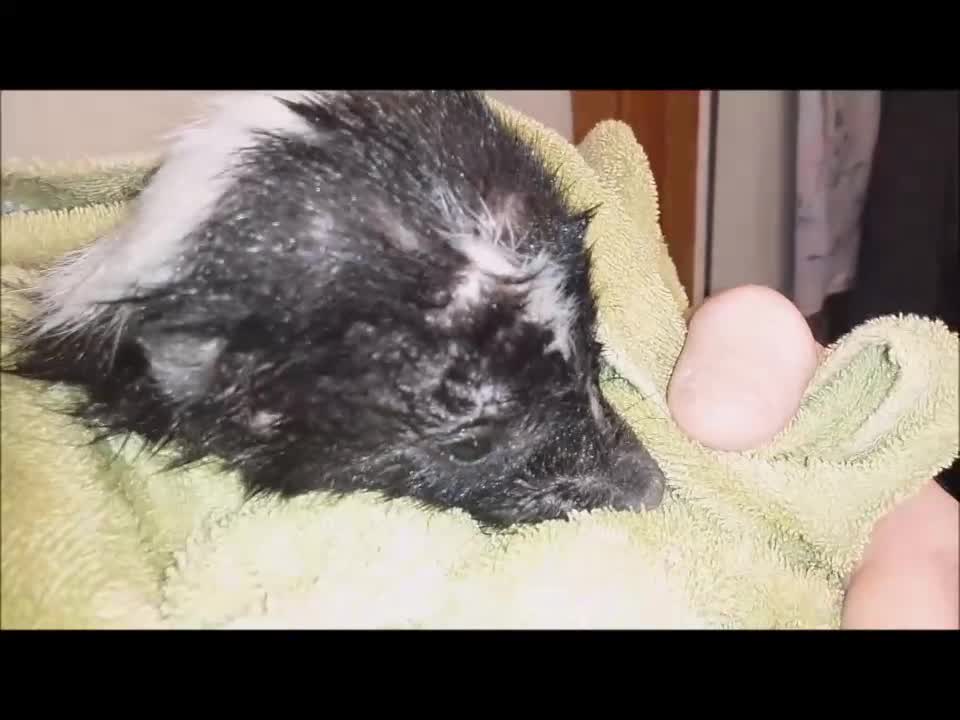
Giving a Wild Skunk a Bath! ^_^
Giving the "snunk" a bath 😄 He is affectionately called "snunk" for now. He was a very good boy and though he didn't like the water much at first and tried to get away, he quickly settled when he felt the warmth. He allowed a lather, rinse, and repeat. His tail had to be hand washed twice to get the dirt out of it. Now he's so soft and smells as good as a stinker can smell. Afterward, he was such a baby and loved being cuddled in the warm towel and was falling asleep. 😄
He was taken over to rehabber Sarah's last night for a visit and she agrees that he had to have known people before in some way. He must have been a rehab baby before or maybe someone else raised him and let him go. I've had many dealings with wild skunks before, and even picked up and held a baby skunk last year that I rescued from the storm drain. I've only ever been sprayed once. I've never had one bite me. But for an adult or juvenile skunk, at least they will normally stamp their feet at you and warn you by raising their tail. This little guy doesn't do any of that, but admittedly he hasn't been feeling well, which is why he was rescued. I held him last night and Sarah cleaned out gunk from his eyes and then cleaned his face, and he didn't like the baby wipe on his snout and he fussed a little, but still he didn't try to bite at all. At least we know at this point that he wasn't poisoned, and he doesn't have rabies or distemper or anything. I've changed his most likely diagnosis to MBD, because he is exhibiting the signs of arthritis and possible bone malformations and microfractures that have previously healed that are consistent with MBD. Which means, bottom line, that it makes it much more likely that he was being held in captivity by a human or at least fed by a human who didn't have a firm grasp of their nutritional requirements and was giving him some things that were deficient. A skunk that doesn't get enough sunshine or food items containing enough calcium and Vit D, they are very prone to bone pathology issues, commonly known as Metabolic Bone Disease. In layman's terms it's the animal equivalent of osteoporosis or rickets. It's something I'm very familiar with, because it's very common in reptiles that aren't raised correctly too.
Please subscribe and hit that + Rumble button!
Follow me on MeWe! https://mewe.com/p/reptilerescuerehabilitation
Please consider contributing, like the mere dozen or so loyal supporters do every month, who have kept this rescue going for several years.
To donate via PayPal: wfreptilerescue@gmail.com
OR to donate without creating a PayPal account:
https://www.paypal.com/cgi-bin/webscr?cmd=_donations&business=WFReptileRescue@gmail.com
-
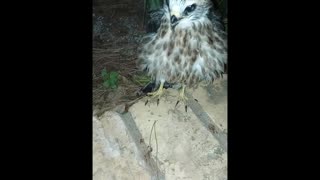 7:19
7:19
Reptile Rescue
2 years ago $0.01 earned𝓗𝓮𝓵𝓹𝓲𝓷𝓰 𝓪 𝓑𝓪𝓫𝔂 𝓜𝓲𝓼𝓼𝓲𝓼𝓼𝓲𝓹𝓹𝓲 𝓚𝓲𝓽𝓮 🦅
78 -
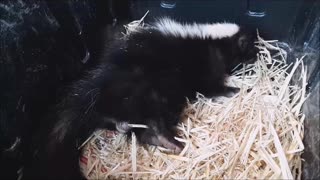 6:26
6:26
Reptile Rescue
4 years ago $0.02 earnedWatch Me Pet A Wild Skunk!
306 -
 1:44
1:44
momo432
4 years agomy cat Dora giving me bath
331 -
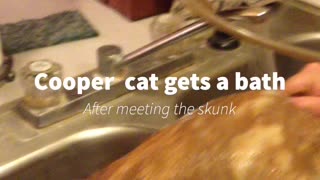 1:56
1:56
Rollie55Lund
4 years ago $0.01 earnedCat gets a bath after meeting a skunk.
55 -
 9:54
9:54
A special channel for dogs and a funny diary for dogs with family and children.
4 years agoGiving My Dogs A Bath While They Listen To Royalty Free Spa Music
160 -
 3:29
3:29
WorkplusLove
4 years agoExtravagant giving 12-4-20
30 -
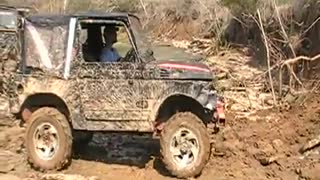 0:33
0:33
PhillbillyProductions Offroading
4 years agoPhillbilly not giving up...
7 -
 29:56
29:56
MrMattsStoryTime
4 years agoGiving God our leftovers
19 -
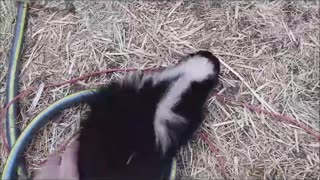 0:31
0:31
Reptile Rescue
4 years agoSkunk Test
98 -
 0:20
0:20
Moosedonkey
4 years ago $0.01 earnedSkunk Visit
19